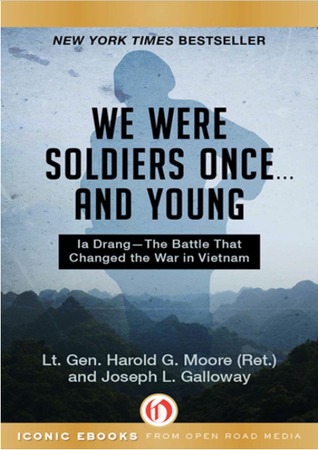More on this book
Community
Kindle Notes & Highlights
We went to war because our country asked us to go, because our new president, Lyndon B. Johnson, ordered us to go, but more importantly because we saw it as our duty to go. That is one kind of love.
We discovered in that depressing, hellish place, where death was our constant companion, that we loved each other. We killed for each other, we died for each other, and we wept for each other. And in time we came to love each other as brothers. In battle our world shrank to the man on our left and the man on our right and the enemy all around. We held each other’s lives in our hands and we learned to share our fears, our hopes, our dreams as readily as we shared what little else good came our way.
The country that sent us off to war was not there to welcome us home. It no longer existed. We answered the call of one president who was now dead; we followed the orders of another who would be hounded from office, and haunted, by the war he mismanaged so badly.
Those who were, miraculously, unscratched were by no means untouched. Not one of us left Vietnam the same young man he was when he arrived.
All the names, 305 of them including one Air Force pilot, are engraved on the third panel to the right of the apex, Panel 3-East, of the Vietnam Veterans Memorial in Washington, D.C., and on our hearts.
fall of 1964, while Lyndon B. Johnson campaigned across America promising that “American boys will not be sent to do what Asian boys ought to be doing for themselves.”


